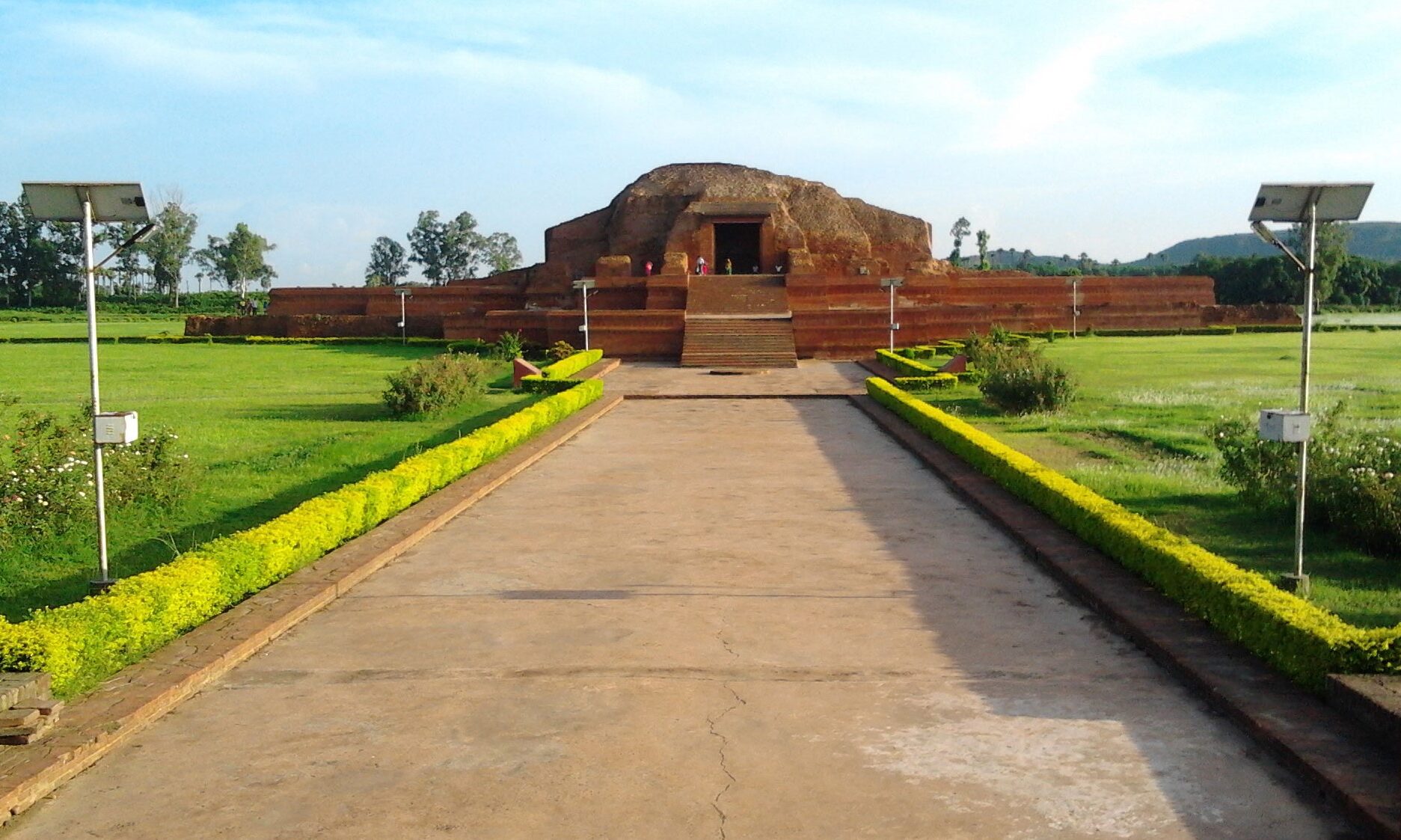Eid is a Muslim festival. Every year there are two Eids : Eid – ul – Fitr and Eid – ul – Zuha. Of the two, Eid – ul – Fitr is the more popular.
The Muslim religious calendar is based on lunar months. The ninth lunar month is known as Ramzan. During this month Muslims fast from sunrise to sunset and during these hours they are forbidden to eat, drink or indulge in any form of pleasure. So strict are the injunctions against eating and drinking that even the taking of medicine or water is forbidden, as also smoking cigarettes, bidis or hookahs. During Ramzan, Muslims are required to make a special effort to settle their differences and refrain from quarrelling, talking ill of others, and from lying, cheating, or using bad language. Any breach of these is regarded as violating the spirit of Ramazari and deprives the defaulter of any merit he might have earned. If someone deliberately eats or drinks anything – even tastes a morsel of food – the fast is considered as having been broken and the person is expected to make up for the lapse by fasting after Ramzan is over.
The entire month of Ramzan is celebrated as one long festival : it could be described as the Month of Festivity. Muslims look forward to it for, at the end of it, there is Eid – ul – Fitr.
As soon as the new moon of Ramzan is sighted, people start making preparations for Eid. During this month young and old recite the special prayer, taravih in addition to the night prayer isha. Those who know the Koran by heart recite it, completing the recitation within the month.For the early morning meal, known as sehri, generally eatables cooked in milk are preferred and tea or water drunk. No sooner is the sehri over than the call to prayer is heard from the minarets of mosques. The period of fasting begins and nothing is to be eaten till the sunset. On hearing the call to prayer men and male children set off for the nearest mosque. The women stay at home. They wash their faces, hands and feet and line up for prayer. After tarrying a while to listen to recitations from the holy Koran, they go about their daily chores.
As the sun sets, the call for the maghreb prayers issues from the minarets. This is a signal for Muslims to break their fast and is known as the iftar. It is customary to break the fast with a sip of water, a few dates or some other fruit. Some women chew a piece of rock salt. There after they may eat or drink anything not forbidden by Islamic law.
A great deal of trouble is taken over preparing the iftari. Special delicacies – sauces made of tamarind, fried corn flour, boiled grams and lentils, meat kababs and sweetmeats – are great favourites. If the month of Ramzan falls when the weather is hot a variety of sherbets are prepared.
After the iftari, the evening prayer, the maghreb is said. Then it is time for dinner and after that for the night prayer (isha). This prayer is accompanied by the taravih prayer. And so to bed. Thus pass the twenty-nine or thirty days of Ramzan.
If the new moon appears after twenty-nine days there is another day of fasting to make it exactly thirty days. The sighting of the new moon bringing the glad tiding of Eid – ul Fitr and the end of the month of Ramzan. ‘Eid – ul – Fitr’ means the joy at the end of the days of fasting.
The day following the appearance of the new moon is celebrated with great enthusiasm. All Muslims put on their best clothes and assemble in mosques, Eidgahs or in some open space and line up for prayer. The Eid prayer is recited between the early morning and noon prayers. As soon as the prayer is over, people embrace and wish each other “Eid Mubarak”.
Eid – ul – Fitr is a great favourite with children. On hearing that the new moon has been sighted they immediately begin laying out the clothes they will wear the next morning. Boys look for their new socks; girls for their hairpins. Boys select the caps they will wear for the Eid prayers; little girls plead with their elder sisters to have their dupattas dyed to match their new clothes. Every Muslim home is alive with excitement.
There are special delicacies prepared for Eid. Vermicelli pudding is the great favourite. There is also sheer khorma cooked in milk with raisins and nuts. Besides these, there are several varieties of savoury dishes. In most areas, people of other faiths join Muslims in celebrating Eid.



















